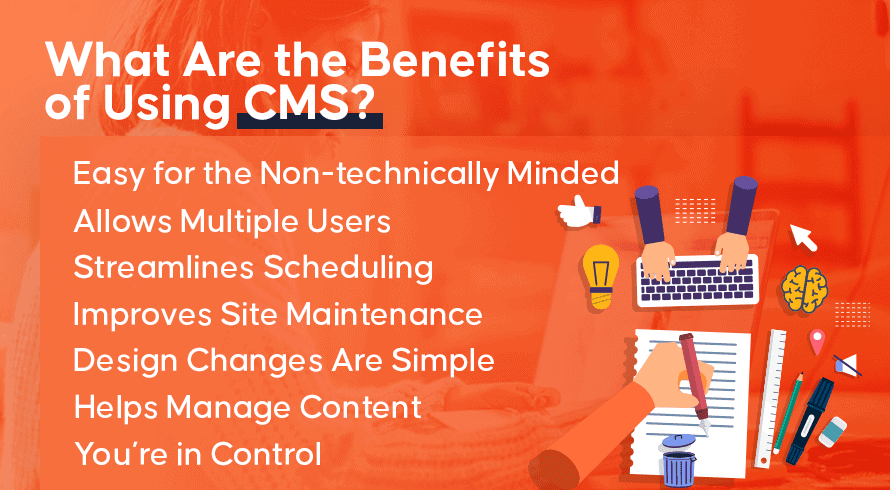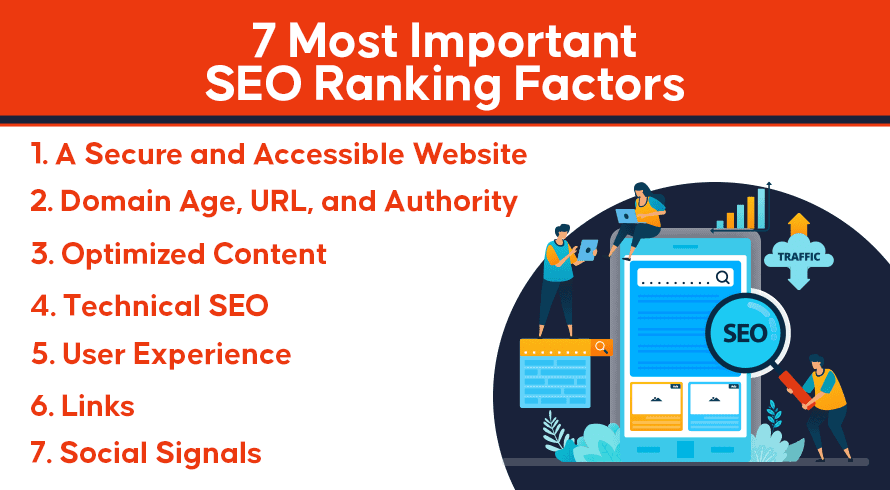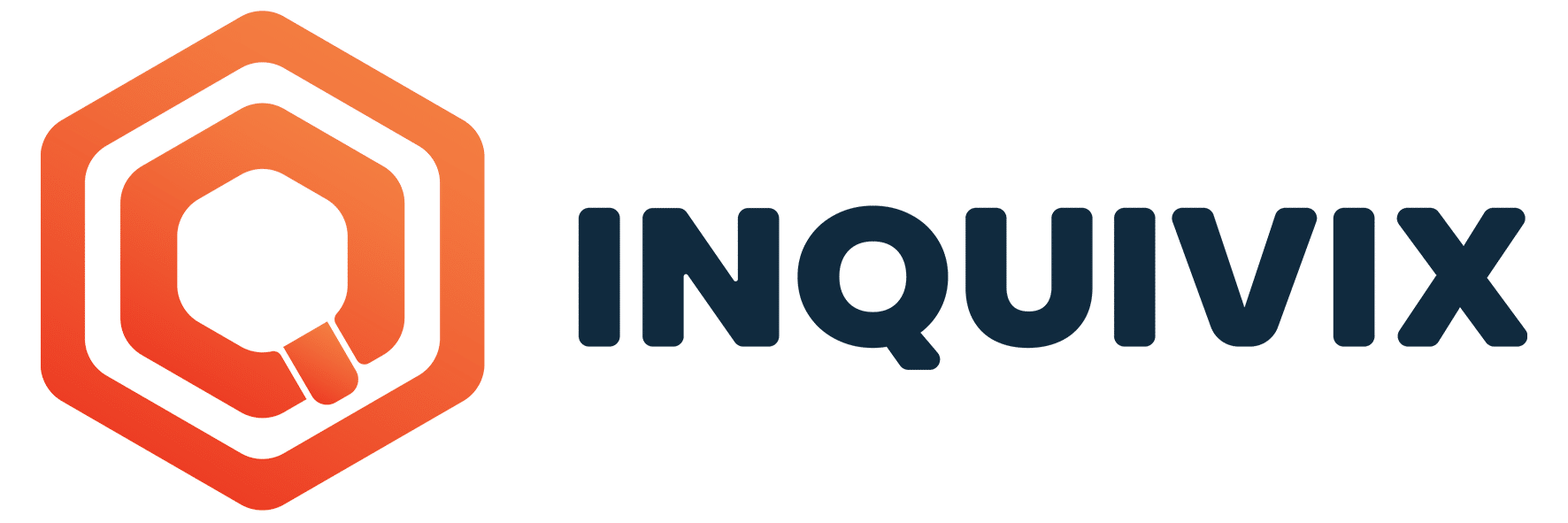Inquivix HQ
1-903, 18 Eonju-ro 146-gil,
Gangnam-gu, Seoul, Korea
06057

Before publishing your content on any website, blog, or any other online media, it is recommended to check the SEO factor of the website because search engine crawling and indexing can be easily affected if you have not used proper keywords. SEO contents are very useful for both webmasters and bloggers to get better results from search engines. If you have not taken care of this point then your content will never be indexed by the search engines like Google, Bing, and Yahoo.
What Is a Content Management System?
A content management system (CMS) is a web application software that allows the creation, modifying and management of digital content. The digital market is driven by various types of content. With the overwhelming amount of digital content produced, it can be challenging to keep up with the demands of managing them. Using a web content management system is a great way to improve your digital asset management.
With most types of website CMS, you can create your own blog or online store with ease. There are different ways to publish content on websites such as by using blogging software, or by writing HTML code directly.
What Are the Benefits of Using CMS?

A web content management system is an efficient tool for content managers. There are many benefits of using CMS which include:
Easy for the Non-technically Minded
A content management system is easy to use for people who are not technically minded. This is because a CMS allows you to manage your website without having to learn HTML or other coding languages. This helps you to manage your site more easily.
Allows Multiple Users
A CMS allows multiple users to access the same website at the same time because it is a web-based system. Marketing teams, content managers, and content creators can all be in the same system. You can also protect your content by allowing or restricting other users’ access to certain parts of the website. For example, you may allow all registered members to view the forum, but only allow administrators to post news topics.
Streamlines Scheduling
If you have a CMS, you can program it to schedule your website and social media content to be published at specific times. This can help to ensure that your website always has fresh content.
Improves Site Maintenance
Having a CMS can make it easy to manage your site, including uploading new content. A CMS lets you update the website without having to know HTML or other coding languages.
Design Changes Are Simple
If you want to make changes to your website’s layout, design, or overall appearance, then you can do so with ease using a CMS. A CMS allows you to change the look and feel of your website without having to know how to code.
Helps Manage Content
A CMS helps with your website’s digital asset management more effectively. This is because the content management systems let you add, delete, and modify content on your website easily. You can also organize your content using categories and tags.
You’re in Control
You are in control of your website when you use a CMS. This means that you can manage every aspect of your website, including the content, design, and appearance. You can monitor if your website is aligned with your content management strategy. You are also in control of who has access to your website and what they can do on it.
7 Most Important SEO Ranking Factors

There are many different factors that affect your website’s SEO ranking, but about 70% of Google’s algorithm is based on links. The most important search engine optimization factors, which you need to keep in mind when publishing content through websites or blogs, are here.
#1 A Secure and Accessible Website
It is important to have a secure and accessible website because this helps to improve your website’s SEO ranking. You can improve the security and accessibility of your website by installing an SSL certificate and making your website responsive for mobile devices.
Page Speed
One of the most important factors that Google takes into consideration when ranking websites is page speed. If your website loads slowly, then this might have a negative effect on your site’s SEO ranking. This is because Google wants to provide users with the best user experience possible, and will therefore rank websites that load quickly higher than sites that take a long time to load.
Mobile Friendliness
Another most important factor that Google considers when ranking websites is mobile-friendliness. If your website is not mobile-friendly, then it might have a negative effect on your site’s SEO ranking. This is because more and more people are using mobile devices to access the internet, and Google wants to ensure that users have a good experience when browsing the web on their mobile devices.
#2 Domain Age, URL, and Authority
It is important to ensure that you have an older domain name (at least 3-5 years old), an HTTPS secure connection, and a high domain authority when publishing content online. This will help to improve your website’s SEO ranking.
#3 Optimized Content
When publishing content online, it is important to ensure that your content is well-optimized for the search engines. This means using the correct keyword density, meta tags, and titles. You can also use tools such as Google AdWords Keyword Planner to find the right keywords to target.
#4 Technical SEO
Technical SEO is another important factor that you need to keep in mind when publishing content online. This includes ensuring that your website is set up correctly for the search engines (meta descriptions, alt text, etc.), that your pages are loading quickly, and that you have no broken links.
#5 User Experience
The user experience is another important factor that Google takes into consideration when ranking websites. If your website provides users with a good user experience, then this will have a positive effect on your website’s SEO ranking. This is because Google wants to provide its end-users with reliable and helpful information that they can use.
#6 Links
When publishing content online, it is important to build links. However, you need to ensure that the links that you are building are relevant and helpful for your website’s users, rather than just being used to improve your SEO ranking.
#7 Social Signals
Social signals are another important factor that Google takes into consideration when ranking websites. This includes the number of shares your content has on social media platforms, such as Facebook and Twitter, as well as the authority of your social media accounts.
Bonus Tip – Real Business Information
It is important to ensure that you include real business information on your website. This includes a business phone number, location, and address. Having this information helps to improve your website’s SEO ranking because Google wants to provide its users with real business information that they can use.
How to Optimize Content to Rank Better?

The seven factors we discussed are crucial for your content strategy. In order to optimize your content and achieve a higher ranking in SERPs, you need to make sure that search engine optimization of your content is properly done. You can optimize your digital content by including the right keywords, using meta tags and titles for your web pages, and optimizing images. This can help to improve your site’s SEO ranking. Having a web content management system can help you keep track of your content creation process to better optimize your content for search engines.
Conclusion
SEO factors can help you to improve your site’s rankings, and it is important that you keep these SEO factors listed above in mind before publishing any content online. Whether your site is new or old, there are a lot of things that you can do to ensure that your website ranks well on search engines, such as Google. And content management systems are a very effective tool to improve your organization’s overall content strategy.
